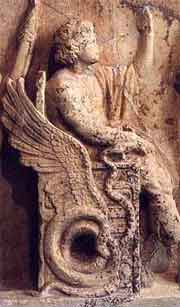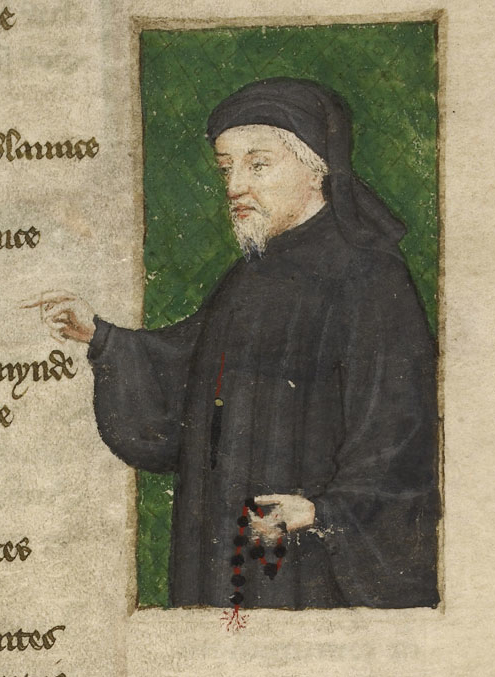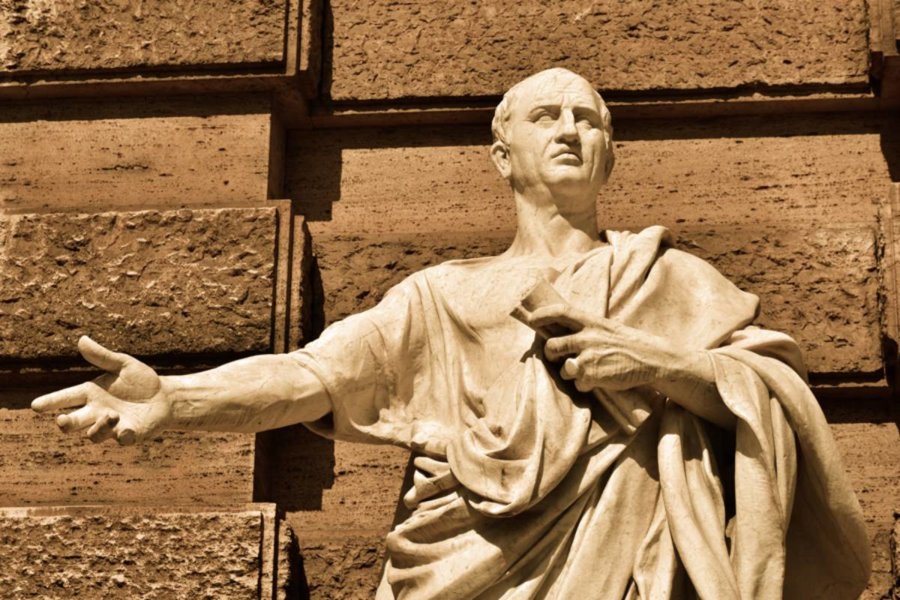
Triptolemus, Most Ancient of the Athenian Legislators
Porphyry, On Abstinence from Animal Food
「3rd c.」 Porphyry, “Triptolemus, Most Ancient of the Athenian Legislators,” in On Abstinence from Animal Food, Book the Fourth in The Select Works of Porphyry, trans. by Thomas Taylor (London, 1823; Online at Animal Rights History, 2003).
We learn, therefore, that Triptolemus was the most ancient of the Athenian legislators; of whom Hermippus, in the second book of his treatise on Legislators, writes as follows: “It is said, that Triptolemus established laws for the Athenians. And the philosopher Xenocrates asserts, that three of his laws still remain in Eleusis, which are these, Honour your parents; Sacrifice to the Gods from the fruits of the earth; Injure not animals.” Two of these, therefore, he says, are properly instituted. For it is necessary that we should as much as possible recompense our parents for the benefits which they have conferred on us; and that we should offer to the Gods the first-fruits of the things useful to our life, which they have imparted to us. But with respect to the third law, he is dubious as to the intention of Triptolemus, in ordering the Athenians to abstain from animals. Was it, says he, because he thought it was a dire thing to slay kindred natures, or because he perceived it would happen, that the most useful animals would be destroyed by men for food? Wishing, therefore, to make our life as mild as possible, he endeavoured to preserve those animals that associate with men, and which are especially tame. Unless, indeed, because having ordained that men should honour the Gods by offering to them first-fruits, he therefore added this third law, conceiving that this mode of worship would continue for a longer time, if sacrifices through animals were not made to the Gods. But as many other causes, though not very accurate, of the promulgation of these laws, are assigned by Xenocrates, thus much from what has been said is sufficient for our purpose, that abstinence from animals was one of the legal institutes of Triptolemus. Hence, those who afterwards violated this law, being compelled by great necessity, and involuntary errors, fell, as we have shown, into this custom of slaughtering and eating animals. The following, also, is mentioned as a law of Draco: “Let this be an eternal sacred law to the inhabitants of Attica, and let its authority be predominant for ever; viz. that the Gods, and indigenous Heroes, be worshipped publicly, conformably to the laws of the country, delivered by our ancestors; and also, that they be worshipped privately, according to the ability of each individual, in conjunction with auspicious words, the firstlings of fruits, and annual cakes. So that this law ordains, that divinity should be venerated by the first offerings of fruits which are used by men, and cakes made of the fine flour of wheat. (168)



